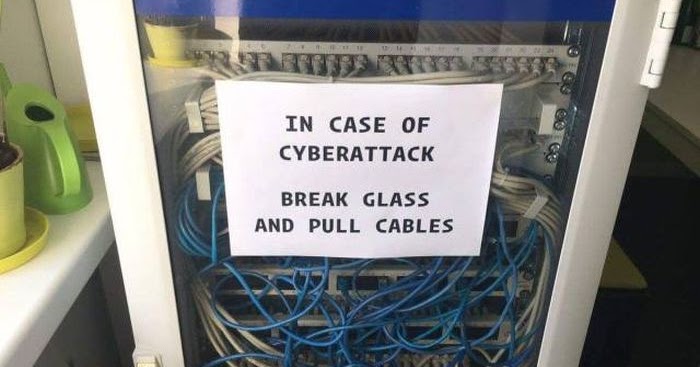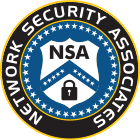10 Important Cybersecurity Practices for Enhanced Protection

Small businesses are increasingly becoming targets for cyber threats. The consequences of a cyberattack can be devastating, resulting in financial losses, reputational damage, and even the closure of a business. Implementing strong cybersecurity practices is important for small businesses to protect their sensitive data, customer information, and overall operations. Here are 10 essential cybersecurity practices that every small business should adopt for business continuity.
1.) Regularly Update Software and Systems
Keeping your software, operating systems, and applications up to date is one of the simplest yet most effective cybersecurity practices. Regular updates often include critical security patches that address vulnerabilities in the software and enhance security features, reducing the risk of exploitation by hackers.
2.) Implement Strong Password Policies
Strong password policies is essential for good cybersecurity. Enforce strong password policies within your organization, requiring employees to use complex passwords and regularly change them. A good way to make sure your employees are regularly changing their passwords is to set password expirations periods. Additionally, encourage the use of multi-factor authentication (MFA) for an extra layer of security.
3.) Regularly Train Employees on Security
Human error is one of the most common causes of cyber incidents. Conduct regular training sessions to educate your employees about common cyber threats, such as phishing emails, social engineering, and malware. Use simulated phishing exercises to encourage them to be cautious while handling sensitive information and to report any suspicious activities.
4.) Use Web Filtering and Content Filtering
Implement web filtering solutions to block access to malicious websites and prevent employees from accessing potentially harmful content. Web filters can identify and block phishing websites, which impersonate legitimate websites to trick users into revealing sensitive information. This can drastically help reduce the risk of malware infections and data breaches.
5.) Implement Firewalls and Intrusion Detection Systems (IDS)
Deploy firewalls and IDS to monitor and control incoming and outgoing network traffic. Firewalls act as a barrier between your internal network and the internet. IDS is real-time threat monitoring and can identify and alert you to potential intrusions or suspicious activities.
6.) Regularly Backup Your Data
Regularly backing up your data is a fundamental cybersecurity practice that ensures the protection and availability of your important information. You should frequently back up your important data and store it securely, preferably off-site or in the cloud. In the event of a ransomware attack or data loss, having backups ensures that you can recover your information and resume business operations quickly.
7.) Employ Anti-Malware Solutions
Employing anti-malware solutions is vital for protecting your small business network from a wide range of malicious software. Deploy reputable anti-malware software across your network to detect and prevent malicious software, such as viruses, worms, and Trojans. Regularly update the anti-malware software to protect against new threats.
8.) Restrict Access to Sensitive Data
Cybersecurity starts in the workplace. Restricting access to sensitive data is a fundamental cybersecurity practice that minimizes the risk of unauthorized access and data breaches. Implement the principle of least privilege (PoLP), granting employees access only to the data and systems necessary for their roles. Regularly review and revoke access rights of former employees or those who no longer require access.
9.) Develop a Business Continuity and Disaster Recovery Plan
Developing a comprehensive Business Continuity and Disaster Recovery (BCDR) plan greatly increases the resilience of your business in the face of cybersecurity incidents. Prepare and document an incident response plan that outlines the steps to be taken in the event of a cybersecurity incident. This plan should include protocols for identifying, containing, mitigating, and recovering from security breaches. Test the plan periodically and make necessary adjustments based on lessons learned.
10.) Engage with a Managed Service Provider (MSP)
Consider partnering with an MSP, such as Network Security Associates to augment your internal cybersecurity capabilities. We can provide advanced threat intelligence, 24/7 monitoring, incident response, and proactive security measures tailored to your business needs.
Safety in Every Byte
As small businesses increasingly become targets for cyber threats, we must prioritize cybersecurity. By implementing these 10 essential cybersecurity practices, small businesses can significantly enhance their resilience against cyberattacks, protect their sensitive data, and ensure the continuity of their operations. Remember, cybersecurity is an ongoing process, so regularly assess and update your practices to stay one step ahead of cybercriminals.

